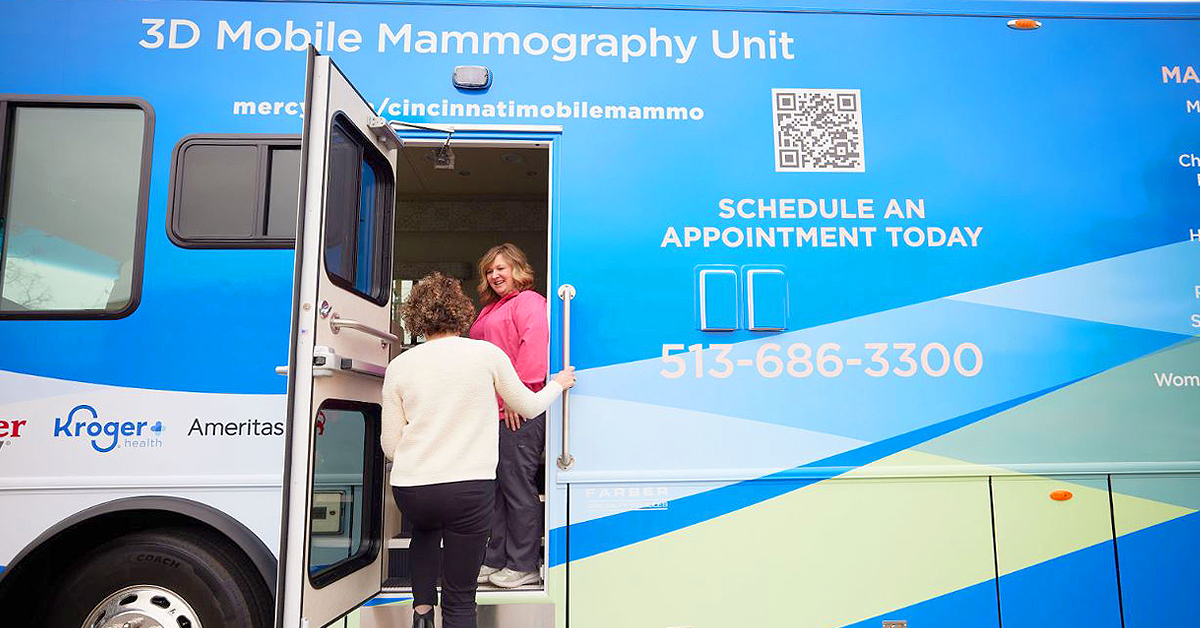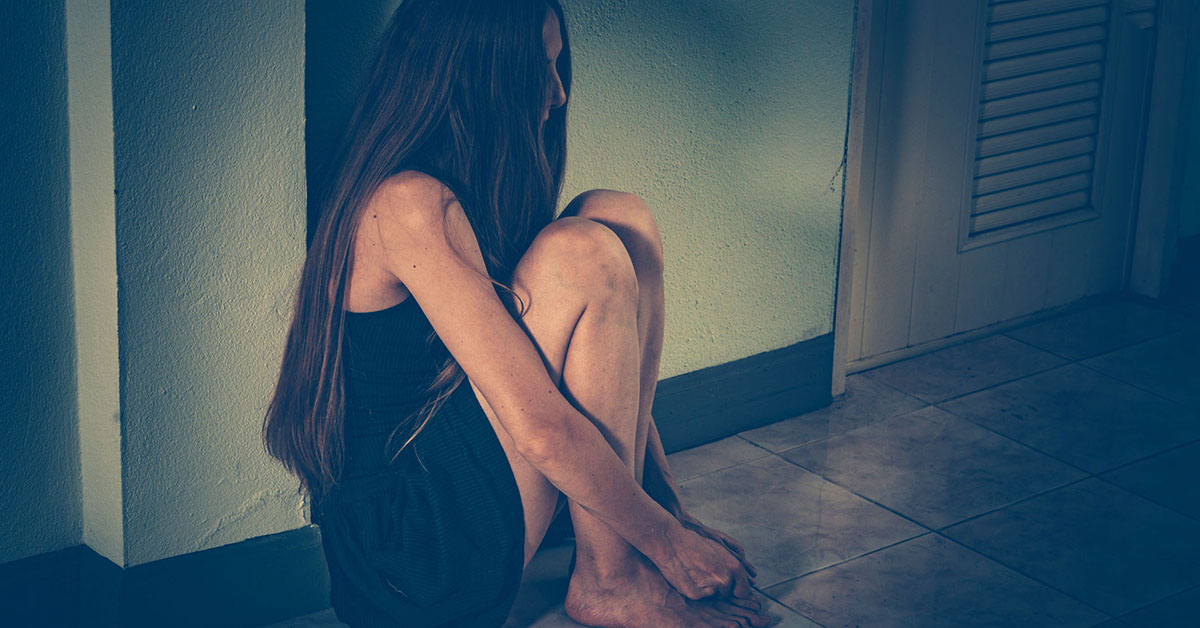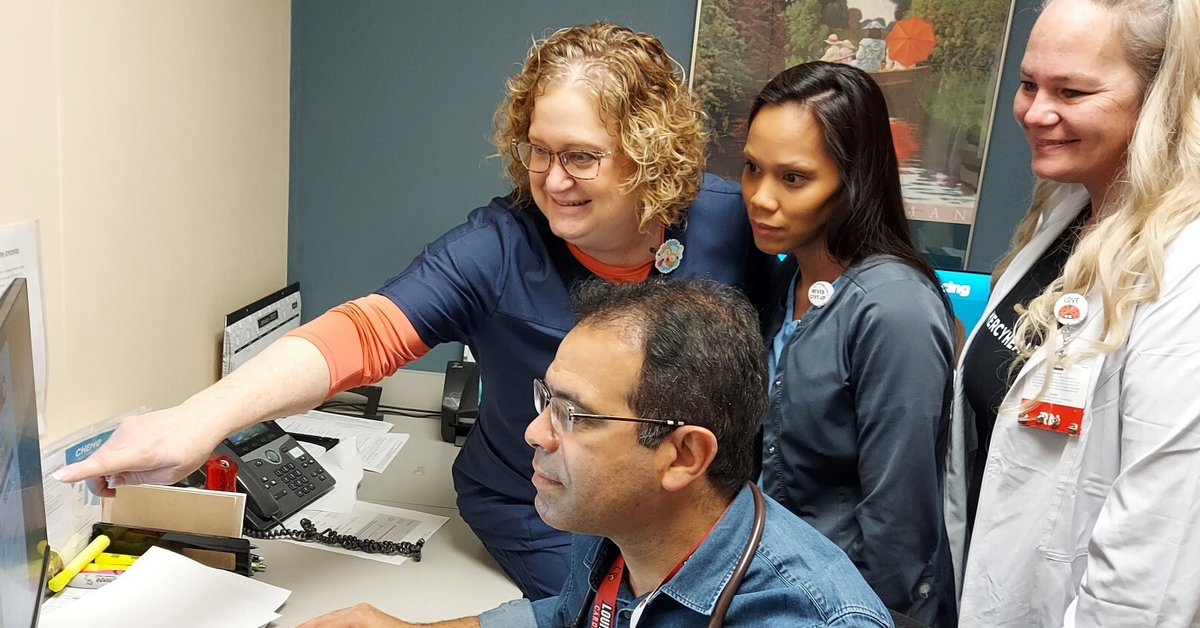There is so much information about the COVID-19 vaccine online. In fact, sometimes it can feel overwhelming. And not all sources are reliable. For example, your uncle on Facebook is going to have different qualifications than a doctor performing vaccine research (unless your uncle is that doctor).
We get it if you’re skeptical and have concerns. It’s healthy to ask questions before making an informed decision. That’s why we encourage you to talk with your health care provider about your questions and discuss the vaccine for your individual health situation.
You might have lingering questions about these new vaccines. But the more information we get, the more it shows these vaccines are both safe and effective. Scientists continue to learn more about the vaccines. And these findings help us dispel harmful myths.
Here are common COVID-19 vaccine myths that are not supported by science.
Myth: If you’ve already had COVID-19, you don’t need to get the vaccine.
Even if you’ve already gotten sick with COVID-19, the vaccine still provides benefits to protect your health—and the health of people around you.
Just because you’ve gotten the virus once doesn’t mean you’re safe from it. You can get COVID-19 more than once. Reinfection is possible. Plus, some scientists believe getting vaccinated may provide you with better protection than a natural infection.
Myth: The vaccine can make me sick with COVID-19.
The COVID-19 vaccine cannot make you sick with COVID-19 because that is not how the vaccines work. None of the currently authorized vaccines contain the live virus.
Instead, the vaccine teaches your immune system how to recognize and fight the virus. When the vaccine stimulates your immune system like this, you might experience side effects. These symptoms are normal and tell you that your body is building protection against COVID-19.
It usually takes a couple weeks for the body to build immunity. So, if during that time you get exposed to COVID-19 and become sick, it’s unrelated to your vaccine.
Myth: The COVID-19 vaccine can affect fertility.
The COVID-19 vaccine does not affect your fertility. In fact, no vaccine has ever been linked with infertility.
Confusion about the vaccine and fertility was recently caused by false information on social media. It wrongly claimed that the spike protein on this coronavirus was the same as a spike protein involved with the placenta. The false report stated that, in learning to fight the coronavirus spike protein, a woman’s body would also fight the other spike protein. However, this doesn’t scientifically make sense. The two spike proteins are very different. And the human body can tell the difference between the two.
Myth: The vaccines were rushed, and therefore aren’t safe.
The authorized COVID-19 vaccines had to pass rigorous safety and efficacy tests before they could be used. Developers didn’t skip any steps.
Other factors that helped speed up vaccine development while maintaining high standards include:
- The process to develop mRNA vaccines (such as Moderna and Pfizer/BioNTech) is a faster approach than the traditional way.
- Vaccine development was supported by significant funding and resources.
Because these vaccines are playing such a critical role worldwide, they are under continued monitoring and research.
Myth: Getting the vaccine means I don’t ever have to wear a mask again.
Getting the vaccine does have some serious perks for your social circle: Here are some things you can do once you’re vaccinated (per the CDC).
Keep in mind these guidelines are for a non-health care setting. In many situations, you may no longer need to wear a mask. But you do need to follow any laws, rules or regulations from your local government, businesses or employer. At Mercy Health, we’ll still have you wear a mask in our facilities as part of our commitment to our community’s health.
Getting vaccinated is a major step toward resuming a more “normal” life, but it’s not the end-all be-all. This is because the vaccine protects you from getting moderate to severe COVID-19. But it does not keep the virus from entering your body. And it’s still not clear if vaccinated people can carry the virus and infect others.
Myth: The COVID-19 vaccine changes your DNA.
This is not how mRNA vaccines (such as Moderna and Pfizer/BioNTech) work. The messenger RNA enters your cells, but not the nucleus of the cell where the DNA is. The mRNA causes your cells to make a protein that helps your immune system fight COVID-19. So, there is no risk of the vaccine changing your DNA.
Even though these two COVID-19 mRNA vaccines are new, the mRNA technology is not. It has been in development for two decades.
Myth: There is a microchip in the COVID-19 vaccine.
This is not true. There are no electronic parts in the vaccine.
Ready to get your vaccine now? Learn more about our ministry’s COVID-19 vaccination efforts.






